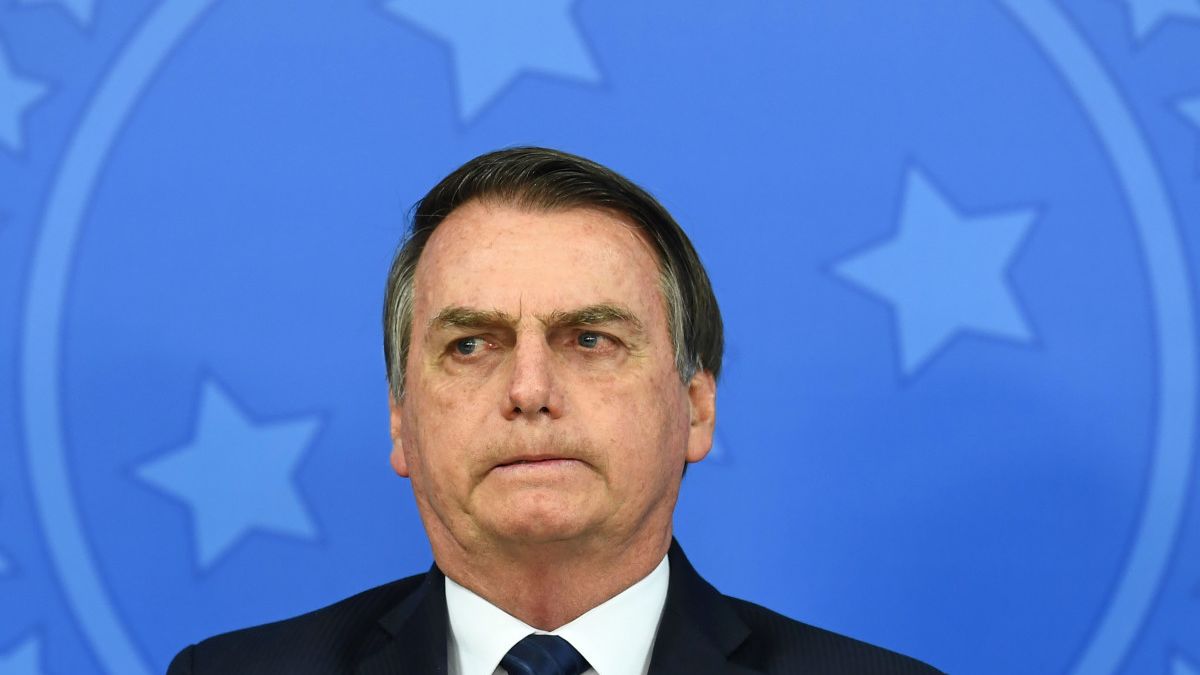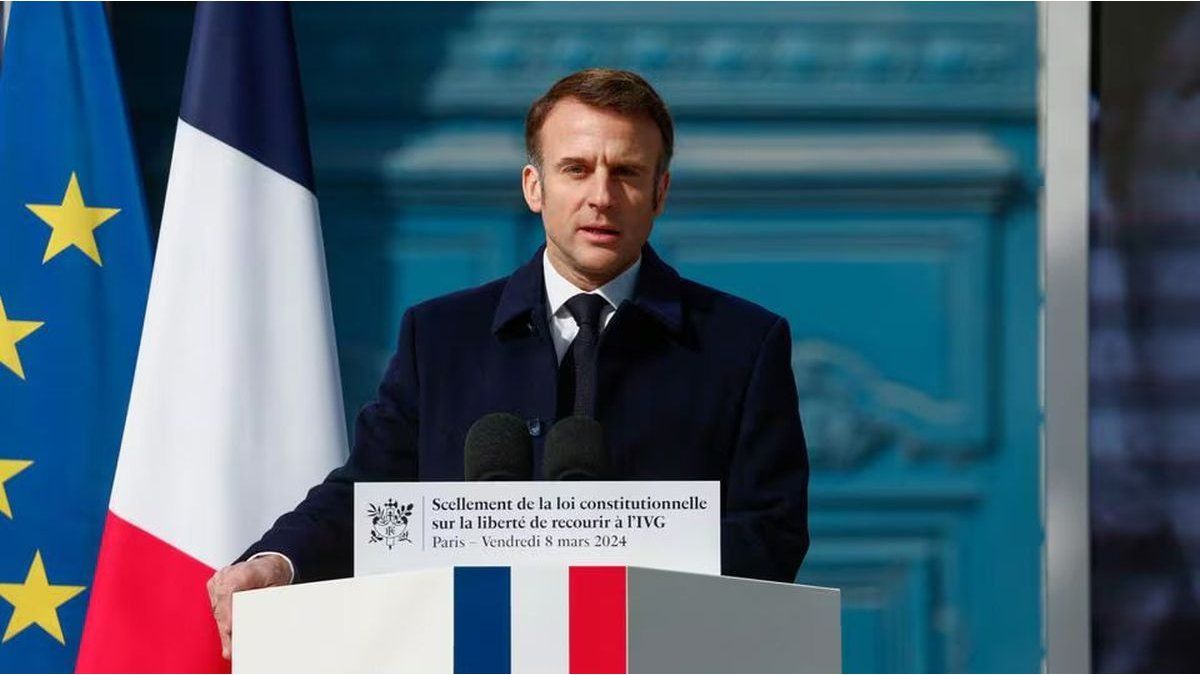After 2035, only new cars that do not run on diesel or petrol will be allowed to be registered in EU countries. Exceptions will be made for “e-fuels”. Is the end of combustion engines now in jeopardy?
Bavaria’s Prime Minister and CSU leader Markus Söder is demanding concrete measures from the EU Commission to reverse the ban on combustion engines from 2035. “The fundamental ban on combustion engines must go. We are committed to technological openness instead of ideology,” Söder told “Bild am Sonntag”. This was a key election promise of the EPP group in the European Parliament and must be kept.
In addition to electric vehicles, e-fuels and hydrogen also offer great potential for climate-friendly mobility. “Private cars could also be fueled in this way in the future. It is good that the EU is finally making progress here,” said Söder.
In March 2023, the EU states and the European Parliament sealed the end of new cars with diesel and petrol engines from 2035. Specifically, new cars will then no longer be allowed to emit carbon dioxide, which is produced by the combustion of petrol and diesel. At the urging of the FDP, the federal government had advocated that there should be exceptions for so-called e-fuels.
Von der Leyen for “technology-neutral approach”
The re-elected President of the European Commission, Ursula von der Leyen (CDU), recently announced an initiative for exemptions for e-fuels in her political program for the next five years. Specifically, it states that “a technology-neutral approach is required in which e-fuels will play a role by making targeted changes to the regulations as part of the planned review.” Von der Leyen is referring here to the review of the decision to phase out combustion engines, which is already planned for 2026.
Details of this push to soften the already agreed EU-wide ban on combustion engines are still unclear. In a press conference after her re-election in the European Parliament, von der Leyen gave no concrete answer to the question of whether private individuals will still be able to buy cars with combustion engines after 2035. The chairman of the center-right EPP alliance, Manfred Weber (CSU), welcomed the fact that the new Commission would revise the ban on combustion engines.
Green politician: E-fuels always a niche product
For the ADAC, e-fuels are another way of achieving climate protection goals alongside the expected major electric mobility. It is important that realistic, implementable conditions for the use of e-fuels are formulated. E-fuels are particularly important for old combustion engines.
Green politicians appeared relaxed despite the watering down plans. “E-fuels will always be a niche product in road transport,” said Michael Bloss, the Greens’ climate policy spokesman in the European Parliament.
VW Group CEO Oliver Blume sees his “double-e strategy” confirmed. “We welcome the EU’s proposed path: a clear commitment to e-mobility and the additional approval of e-fuels. We need every technology in Europe too,” he told “Bild am Sonntag”.
The future belongs to e-mobility, sensibly supplemented by e-fuels – especially for existing vehicles and series such as the Porsche 911. Electricity and synthetic fuel – both are part of the solution on the way to more climate protection, according to Blume.
Source: Stern




